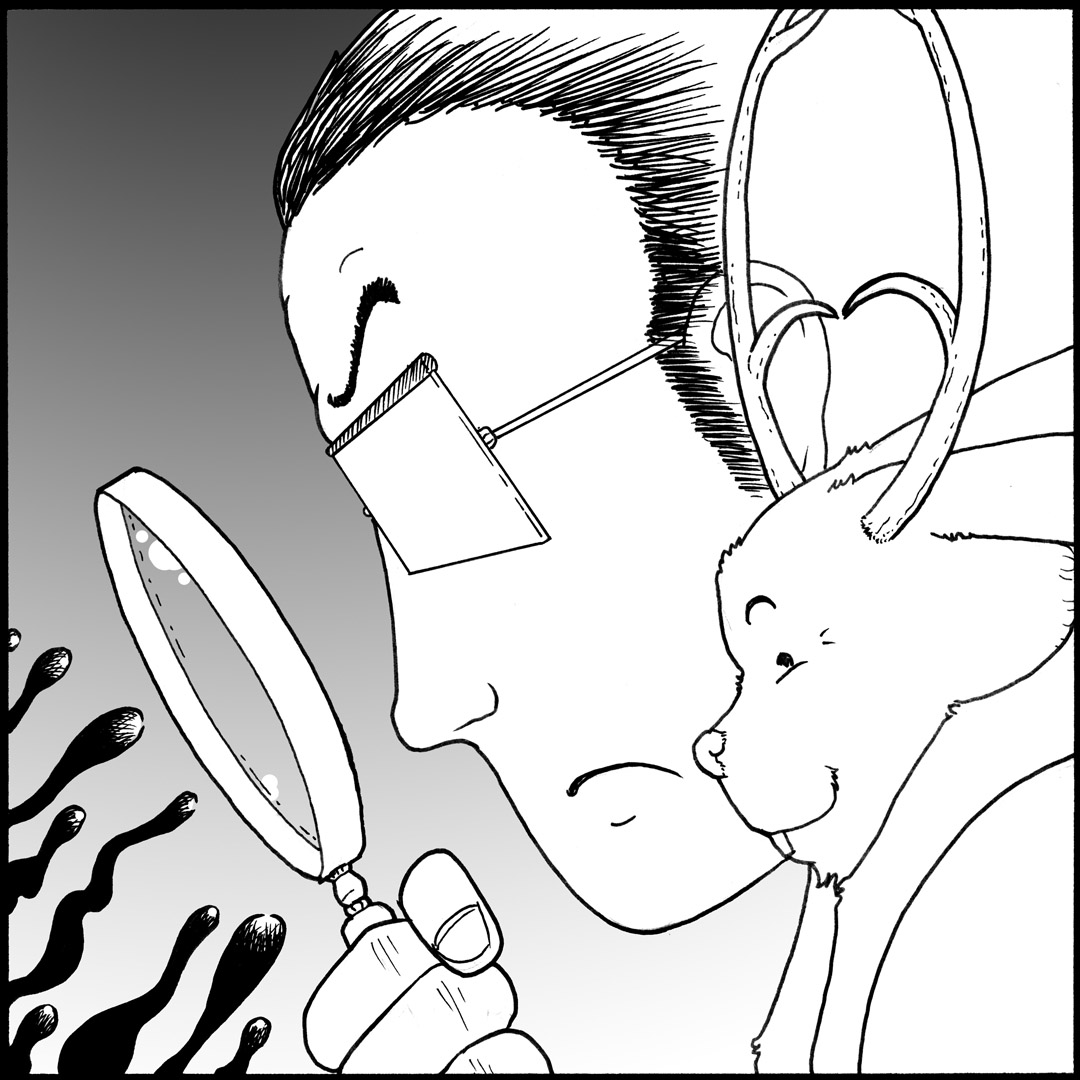1908: The Snow Ghost (Richard Gordon Smith)
The following story was written by F. Hadland Davis and included in his book The Land of the Yellow Spring [1910]... which I can't find a copy of yet. The following is copied from the magazine Special Crops of February 1908, where the story was apparently published earlier.
"THE GREAT WHITE FACE."
By F. HADLAND DAVIS.
KINJURO had fallen in love with a beautiful geisha named O-Kama. Every night he went to the House of the Dancing Girls. Every night he listened to the soft drum-taps of the tsudzumi and the gentle tinkle of the samisen. And Kinjuro often played one of the ken games with O-Kama, because he liked to watch her white hands making the sign of the "fox" or the "man" or the "gun." He preferred to lose at tomo-se, because then his forfeit was to follow the bright-robed maiden round the room. But most of all Kinjuro loved to watch O-Kama dance and to listen to her song when the wine killed memory, and only the present — only O-Kama — was sweet.
But Kinjuro was married and his wife, O-Tsaki-San, knew about O-Kama. For many days and nights she kept the sorry secret to herself, excusing her lord over and over again because she loved him, because she believed that his love for her was greater than his love for O-Kama. But these unexpressed excuses and these vague beliefs did not ease the sad heart of O-Tsaki-San.
One night O-Tsaki-San asked her lord if he would be honorably pleased to walk with her by the seashore. And Kinjuro, restless and abstracted, consented to come.
"Very beautiful it is by the sea, Kinjuro, is it not?" said O-Tsaki-San.
"Very beautiful," replied her lord, moodily. "Very lonesome it seems to-night," continued O-Tsaki-San. "Why do the waves run away from the sea, and rest in soft, gold pools and never come back again? Why do the pools love the gentle touch of the seaweed and the white dance of the moonlight?"
"I do not know, O-Kama," answered Kinjuro.
"'O-Kama?' Why do you say 'O-Kama'? murmured O-Tsaki-San very sorrowfully.
"It has a pleasant sound — only a name, O-Tsaki-San."
Kinjuro and his wife remained silent for some time. Only the noise of the waves and the silk-like rustle of the washed shells broke the stillness. Then O-Tsaki-San said:
"Dear lord, upon the sacred mountain of Oki there is a shrine of Gogen-Sama. On a certain night it is said three great lights go up together from the sea and enter the lamps that stand upon the sacred mountain. But only the pure in heart and the true in love can see those lights," Kinjuro.
And Kinjuro knew in his heart as he looked out across the water, that to-night he could not see the three great lights go up from the ocean together. To-night and to-morrow and for always he would not see the fires of Gogen-Sama. But it troubled not the heart of Kinjuro. Very sweet and very beautiful and very winsome was little O-Kama. What were the strange fancies of a god compared with his dancing girl? More beautiful were the love songs and love ways of O-Kama than all the gold pomps of the sea!
"Once,' continued O-Tsaki-San, "the Emperor Go-Toba was troubled by the croaking of frogs, and Go-Toba went out into his garden and said to the frogs, 'Be silent.' And once a pine tree made a fearsome noise in the night, and the Emperor said to the pine tree, 'Be still.' And the frogs and the pine tree never spoke again. . . . My love to-night has said to me, 'Be silent, be still!' And oh! my lonesome heart shall be silent and still indeed!"
But Kinjuro said never a word except "Be honorably pleased to come home now." And Kinjuro and O-Tsaki-San retraced their steps, and the sea-weed played softly in the pools.
Softly the sound of music came from a brightly lit dwelling, and the tap of feet and the low murmur of laughter. Presently the music and the laughter and the dancing ceased, a screen was pulled aside, and Kinjuro stepped out from the house of O-Kama and went in the direction of his own home.
Snow began to fall from the dark clouds above. Kinjuro pulled his obi more tightly round his wadded robe. A strange fear possessed him. The snow seemed to cry as he trod upon it, and ghosts and goblins seemed to gibber at him from behind the pine trees Surely the Fox women were prowling about to-night. Kinjuro shuddered, and tried to sing a line from one of O-Kama's songs; but the wind laid cold fingers on his throat and Kinjuro remained silent. Then, just in front of him, a great white figure loomed. Her face was very beautiful, and her stature was greater than the tallest pine tree.
"I am Yuki-Onna. I am the Woman of the Snow." The sound of her voice was like the sound of a breeze. "Come, Kinjuro,' come into the forest, for I am thirsty to-night!"
Kinjuro trembled and followed the Woman of the Snow until they came into the forest. Finding an open space, they rested, and YukiOnna put her arms tightly round Kinjuro, and her embrace was cold as ice.
"Ha! Ha! my lover, are these arms cold?" exclaimed Yuki-Onna.
"Very, very cold," replied Kinjuro.
Then she pressed her great white face against his and laughed softly to herself.
"Are my lips cold?" murmured Yuki-Onna.
"Very, very cold," answered Kinjuro.
"You will be just as cold some day, just as cold."
Yuki-Onna untied the robe and undergarments of Kinjuro, and pressed her lips against his breast. And Kinjuro knew that his life blood was being sucked away.
Big lumps of snow fell with a soft thud on the ground, and the wind made sad music in the pine trees.
"This is like the love of geishas, the love of O-Kama," said Yuki-Onna, still pressing her lips against his breast, "it wastes and wastes until the end comes. All the songs and the dances and the laughter grow still in the Place of the Eternal Snow. This is the love that grows cold, this is the love that is called 'Death,' this is the love" . . . But Kinjuro heard no more. .
The gods had been very good to O-TsakiSan. When her lord did not return they directed her to the forest where Kinjuro lay. And when she arrived at the open space where her husband was lying near a great pine tree festooned with snow, a great fear possessed her—a fear that Kinjuro was dead and that the snow was his winding sheet. Softly she laid his head in her lap and tried to restore him to consciousness.
And presently all the loving care of O-TsakiSan was rewarded. Kinjuro opened his eyes, and they were full of fear.
"The Great White Face, where is the Great White Face, the Woman of the Snow?" murmured Kinjuro. "Look, she is pressing her lips against the stars. See, how red they are!"
"Hush, dear lord, you have been dreaming.
Trouble not now that I have found you," and tears fell upon the face of Kinjuro.
"This is the love that grows cold, this is the love that is called 'Death,'" said Kinjuro, over and over again.
Gradually the mind of Kinjuro grew more clear, and presently his heart grew very tender, and a gentle smile lit up his face. His lips trembled; but he could not speak. O-Tsaki-San caressed her lord's face and wept for joy.
Then Kinjuro said, "Little 'Moon Lady,' think you that I could see the three great lights rise up from the ocean now?"
And O-Tsaki-San nodded and laughed and sang, and then she whispered very softly. "Sometimes the little pools run down to the sea and never go back again. And this is the love that is called 'Life.'"
And presently there were four footprints in the snow, and Love was a long, long time making them.
Notes
I still need to find Davis' later publication of this story in The Land of the Yellow Spring, as I hope it will clear up whether Davis made this tale up himself, or collected it from Japan. Since this is the only known representation of Yuki-Onna as a vampire, it would be important to find out if it is a foreign creation or a native Japanese idea!
Anomalies -- the Strange & Unexplained, as well as my other website -- Monsters Here & There -- are supported by patrons, people like you! All new Anomalies articles are now posted for my patrons only, along with exclusive content made just for them. You can become a patron for just $1 a month!
|







